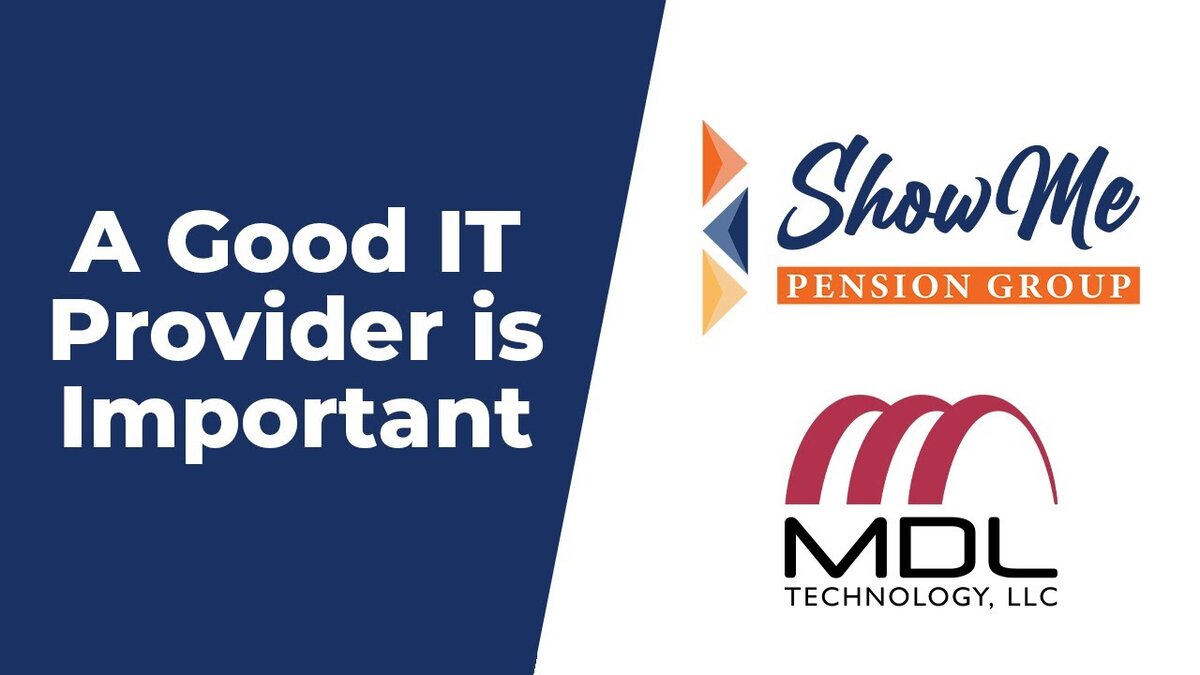If you’ve spent some time on the Internet, you may have seen conversations about cloud computing.
Cloud computing which encompasses a broad range of services that involve virtual servers on the Internet, is an simple, cost-effective way to streamline your business’ IT needs.
According to USA Today, “Drawn by the promise of simplicity and low cost, entrepreneurs are increasingly tapping into the cloud to conduct business in ways that make pen and paper — and desktop software — obsolete.”
To better understand cloud computing and find out how it can help your business, take a look at this list from IT Pro Portal of common cloud computing terms everybody needs to know:
Private Cloud
A private cloud is a cloud network created and contained within a company’s own system. It allows the company to maintain complete control over its data while still accessing some of the benefits of a cloud service.
Public Cloud
As you can probably guess, the public cloud is the opposite of the private cloud. The cloud service is maintained by a third party, which may also handle the data of several clients. Companies that utilise the public cloud effectively exchange having their data close to them for pay-as-you-go services and freedom from maintenance responsibilities.
Hybrid Cloud
The majority of businesses have some data that they need to keep on-premises and some data that requires the scalability of the public cloud. The hybrid cloud refers to this kind of setup, where some data is stored in a public cloud and other critical data is kept in the private cloud.
Cloud Bursting
Cloud bursting is another handy way to combine the private and public cloud. In this combination, an application is run in the private cloud, but if the internal server becomes overloaded, the application then bursts into the public cloud, avoiding potentially devastating downtime and lost revenue.
Elastic Computing
Elastic computing is the ability to increase and decrease computing resources, such as storage and memory, dynamically, so you can meet peak usage requirements and scale back during less busy periods.
To read the rest of the list, click here.








